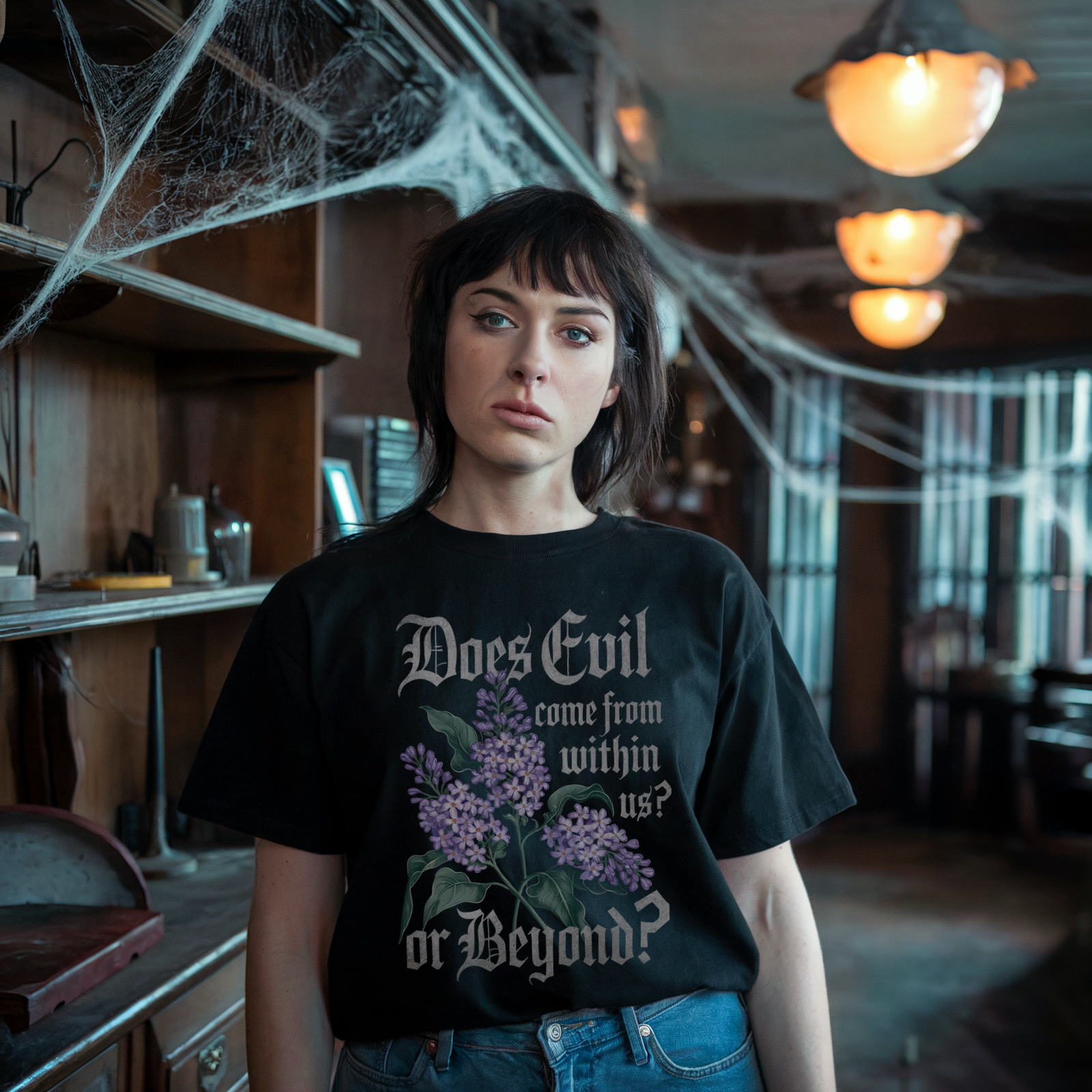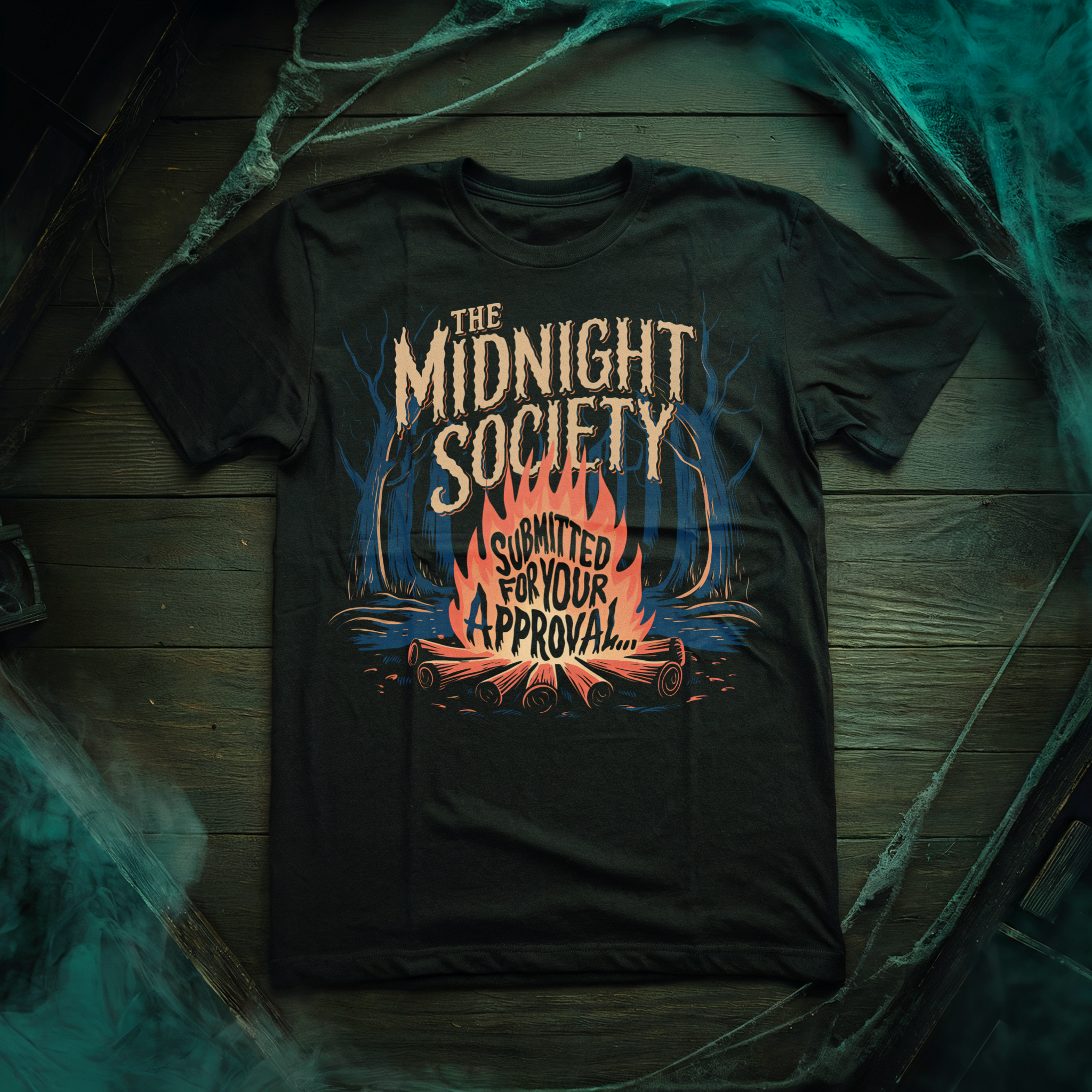With the massive success of Game of Thrones was bound to come a slew of fantasy adaptations, including a television series reboot of Lord of the Rings. Though it can be said that The Witcher is an attempt to capitalize on the trend, it develops an incredibly compelling narrative in only eight episodes with unique characters and an interesting tone of destiny and fatalism.
The series opens in a dark and gloomy swamp straight out of a Grimm fairytale. As a fawn sniffs at something on the ground, a massive monster, a kikimora, bursts out of the murky swamp water with the titular Witcher hanging on locked in a fierce battle. No time is wasted in establishing tension as Witcher Geralt of Rivia, played by Henry Cavill (Man of Steel), is quickly disarmed and held underwater by the horrifying creature. This sense of tension and nonstop danger carries throughout the season with scenes of peace and security being few and far between.
“[The Witcher] develops an incredibly compelling narrative in only eight episodes with unique characters and an interesting tone of destiny and fatalism.”
The Witcher focuses mainly on three characters, Geralt of Rivia, Yennefer of Vengerberg played by Anya Chalotra (Wanderlust), and Princess Ciri played by Freya Allan (The War of the Worlds). Their stories, despite being intertwined by destiny (a theme that will run throughout the series) do not run concurrently. In fact, some episodes take place both in the present and the past while some are partly in the future and others still entirely in the present. Commendably, though, these changes in chronology are denoted subtly by the dialogue and setting and never left me confused as to when a story was taking place. This can be credited to the way in which the stories are presented, only focusing on one or two of the main characters at once. This also highlights each character’s pursuits as the viewer will come to learn that although all three are in search of different things, destiny is bringing them ever closer.
There are also several notable supporting characters, chief of which being Jaskier, a bard played by Joey Batey (The White Queen). Jaskier, more commonly known to fans of the novels and video game series as Dandelion, acts as Geralt’s foil throughout the season. He provides a good bit of comic relief as well as some truly great songs. In fact, the music throughout the series is quintessentially Witcher and will sound familiar to fans of the video game series. It evokes a sense of adventure, elegance, and antiquity. It’s definitely one of the best fantasy soundtracks I’ve heard in a while.
But this is a horror page isn’t it? What about the monsters, you may ask? Sadly, the monsters take a bit of a backseat to the human drama that plays out throughout the series. Although the narrative is a tightly woven tapestry of adventure, love, and destiny, it may not be enough for those who were drawn to the series for the monster-killing. That’s not to say there aren’t some great monsters and moments, simply that their prominence in the trailer may have been a bit overstated.
That being said, one sequence in particular in which Geralt is hunting a striga will really scratch that horror itch. The creature itself is a horrifying, Lovecraftian monstrosity complete with an intact umbilical cord that drags behind it as it stalks the halls of an abandoned castle. The hunt, as well as the subsequent fight, features a combination of practical effects and cgi that make for a truly unforgettable creature. Unfortunately, this scene along with the opening kikimora battle and one “devil creature” mostly stand alone in their quality as any other monsters we see throughout the series are either entirely cgi or impressive, yet still simple, face make up.
“Although the narrative is a tightly woven tapestry of adventure, love, and destiny, it may not be enough for those who were drawn to the series for the monster-killing.”
Monsters are not the only horror elements present in this series, however, and there is a lot for the horror fan to enjoy. Most notable is the series’ use of gore. There is no shortage of blood at any point throughout the season. Whether it’s a disembowelment by an angry monster or one of the several (and I mean several) sword fights, you’ll be seeing a lot of blood, guts, and dismemberment. Another trope of which there is plenty is nudity. This is one aspect of The Witcher that fans will recognize as nudity and sexual content are prevalent throughout the novels as well as the video game series. The series though almost takes it to gratuitous levels at points that had me considering Joe Bob Brigg’s three B’s of the drive in, Blood, Beasts, and Breasts. It’s safe to say that this series has all three! Does that mean that The WItcher is more B movie material than the Game of Thrones of Netflix? Well, maybe…
Fittingly, the main themes explored by the series are Monsters and Destiny. As previously mentioned, creatures do not feature prominently, however, this does not mean that there are no monsters to be found. The Witcher franchise has always delved heavily into the theme of human monsters and the exploration of what makes a monster. Geralt is himself a mutant created by people for the purpose of hunting monsters. His differences make him a monster to the rest of the world, and so he refuses to kill people as that would confirm to the world that he is indeed a monster (despite killing dozens of people throughout the course of the show).
Destiny is the second theme and, don’t worry, if you don’t catch it one of the first ten times, they’ll mention it about a hundred more over the course of the season. Though somewhat ham-fisted in approach, the theme is solid and serves to put the main characters on a collision course that unfolds throughout the first season. In an effort to avoid spoilers, I won’t be going into exactly what brings the characters together, but the season’s non-chronological approach really serves to reveal vital pieces of information in an interesting way. Playing off of the theme of destiny is a strange tone of doom and fatalism that gives the sense that this is a dying world. It evokes an uncomfortable sensation that this is indeed the end and we are just waiting for it to come.
Performances by every single member of the cast are phenomenal. Chalotra’s protrayal of Yennefer in particular was incredibly sympathetic, and is my favorite as we see her go from nothing to one of the most powerful characters on the show. Moments of tension had me truly enthralled to the point that I did not want to pause the show for any reason while other moments had me tearing up and others still had me laughing out loud. But therein lies the problem. Often, the show tries to be too many things; drama, comedy, action, horror, romance. Successes are hit or miss. Some scenes come off as ill-timed or saccharine and others cheesy. This takes away from the incredible performances as the viewer is taken on a rollercoaster ride with one too many loops.
“Monsters are not the only horror elements present in this series […] and there is a lot for the horror fan to enjoy. Most notable is the series’ use of gore.”
Overall, The Witcher accomplishes what many adaptations fail to do. It captures the tone and characters of other Witcher properties and packages them in a tight an entertaining package. The themes explored are heady and perhaps lacking subtlety, but they are engrossing nonetheless. Performances are amazing if a bit scattered, and the monsters are beastly and gruesome as few as there are. For a pilot season, The Witcher manages to introduce a fantasy world ripe with monsters, magic, and mystery. With a second season already ordered by Netflix, I am definitely looking forward to what this series has in store.
What did you think of The Witcher Season 1? What were some of your favorite moments? Let us know on Twitter, in the Nightmare on Film Street Subreddit, and on Facebook in the Horror Movie Fiend Club!






![the witcher 2 [Review] Netflix's THE WITCHER Fulfills its Destiny as One of the Best (Not-So-Subtle) Fantasy Adaptations 10 the witcher 2](https://nofspodcast.com/wp-content/uploads/2019/12/the-witcher-2.jpg)



